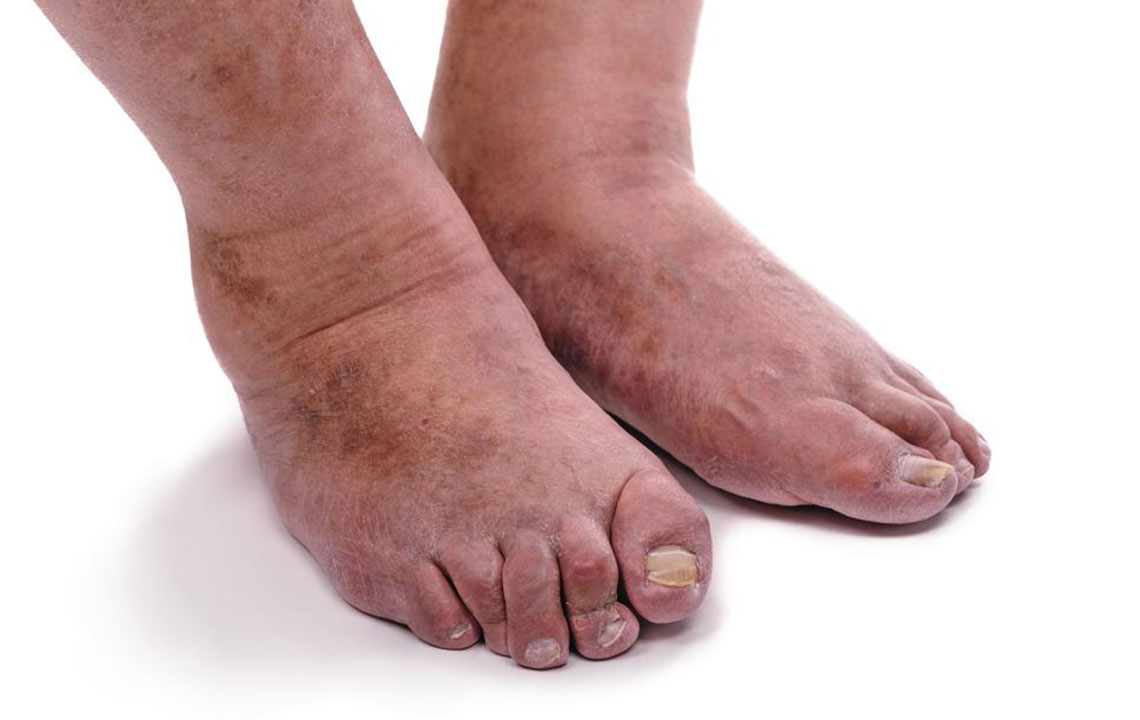Key Insights into Rheumatoid Arthritis Symptoms and Management
This article offers essential information about rheumatoid arthritis, including common symptoms, age groups affected, and importance of early diagnosis. It emphasizes the need for proper treatment and lifestyle changes to manage this chronic autoimmune condition effectively.

Key Insights into Rheumatoid Arthritis Symptoms and Management
Rheumatoid arthritis is a chronic inflammatory condition that causes significant joint pain and stiffness, affecting daily movement and function. It is an autoimmune disorder where the body's immune system mistakenly attacks joint tissues. When flare-ups occur, symptoms become more pronounced, disrupting routine activities.
If diagnosed, exploring effective treatment options is crucial for relief. Understanding this condition thoroughly helps in managing it better.
Important facts about rheumatoid arthritis include:
Early signs often involve swollen, tender, and stiff joints, primarily affecting the hands, arms, legs, shoulders, and neck. Noticing these symptoms warrants medical consultation.
Fatigue and general weakness are common, and even light exercise can cause exhaustion in sufferers.
Those with rheumatoid arthritis often find simple activities like walking, running, or swimming difficult.
This condition typically affects individuals aged 20 to 45, but it can occur at any age.
Diagnosing rheumatoid arthritis can be challenging as no single test confirms it in early stages, and symptoms vary between individuals. Family history warrants prompt testing such as X-rays and blood work.
Recognizing that rheumatoid arthritis is a lifelong condition emphasizes the need for proper medical treatment and lifestyle adjustments to prevent progression and improve quality of life.










